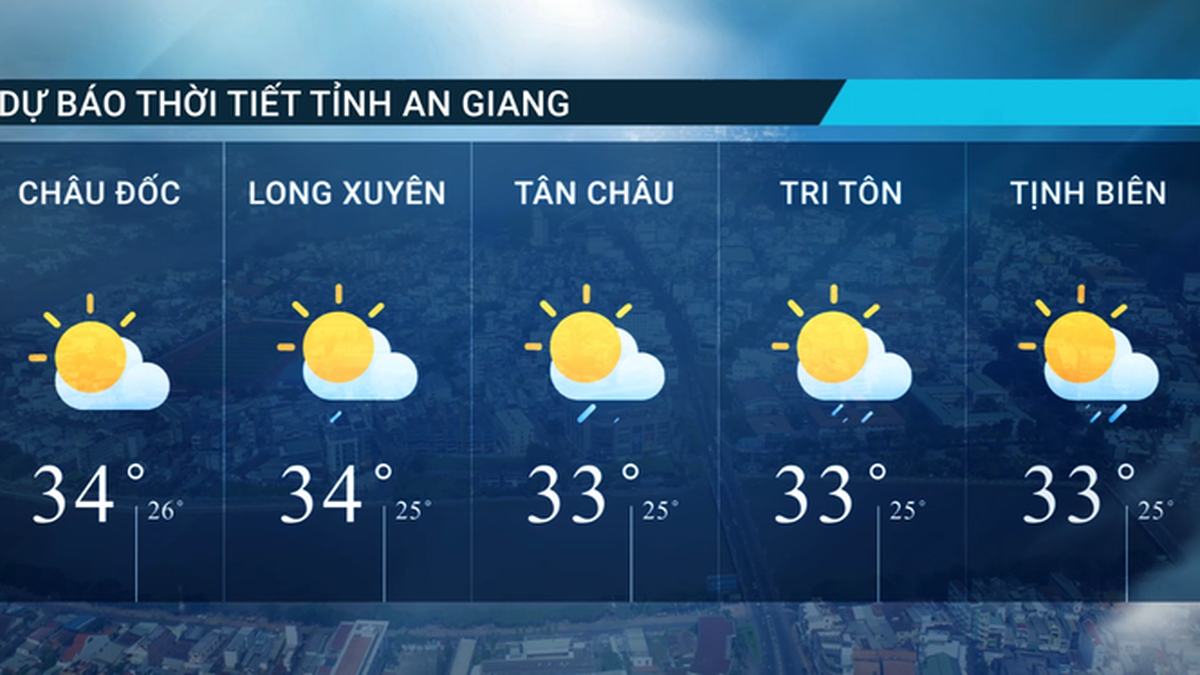According to the World Health Organization (WHO), diarrhea is the cause of death for about 525,000 children each year globally, of which children under 1 year old are particularly vulnerable.
According to the World Health Organization (WHO), diarrhea is the cause of death for about 525,000 children each year globally, of which children under 1 year old are particularly vulnerable.
Diarrhea in children can stem from many causes, including infections caused by viruses, bacteria, parasites, or an improper diet.
However, rotavirus diarrhea is one of the most common and dangerous causes. Rotavirus attacks the intestines, causing symptoms such as severe diarrhea, vomiting, fever and rapid dehydration. If not treated promptly, dehydration can lead to shock and death.
[embed]https://www.youtube.com/watch?v=05mW-34evOE[/embed]
Children under 1 year old are very susceptible to dangerous complications of diarrhea. Because the child's immune system is not yet fully developed, the ability to fight diseases is still weak, especially when having diarrhea, children are susceptible to dehydration quickly and lead to exhaustion. Once the body is not rehydrated and replenished with electrolytes in time, the child's health can deteriorate rapidly, endangering their lives.
Symptoms of dehydration include dry mouth, shriveled skin, little or no urine, and sunken eyes. If not treated promptly, the child can develop acute kidney failure, shock, and death. This is especially serious in areas with poor health care, where access to adequate and timely health care is limited.
Rotavirus is one of the main causes of acute diarrhea in children, especially those under 5 years of age. This virus is easily transmitted through the fecal-oral route, which can be transmitted from the feces of an infected person to food or drinking water, or through contact with contaminated objects.
In addition, Rotavirus has the potential to cause severe illness, leading to prolonged bouts of diarrhea and severe dehydration, especially in the first months of a child's life.
Young children are very susceptible to infection, especially in crowded areas or in unsanitary environments. Therefore, proactive prevention of diarrhea caused by Rotavirus is extremely important, especially in children under 1 year old, when their immune system is not yet fully developed.
Rotavirus vaccine is one of the most effective measures to prevent acute diarrhea caused by Rotavirus in children. According to scientific studies and WHO recommendations, Rotavirus vaccination can reduce the risk of severe diarrhea by 60-70% and reduce the risk of hospitalization due to diarrhea by 90%. Moreover, this vaccine also helps to significantly reduce the mortality rate due to diarrhea in children, especially in countries with high incidence of the disease.
Rotavirus vaccine is given to children between the ages of 6 weeks and 6 months and is administered orally. Vaccination not only protects children from dangerous complications caused by diarrhea but also helps reduce the burden on the health system and the community.
With the widespread use of vaccines, many countries have had success in reducing the incidence of rotavirus diarrhea, especially in developing countries.
Rotavirus vaccination for children under 1 year old is even more necessary, because this is the stage when children are susceptible to gastrointestinal infections, especially when they do not have a strong immune system to fight pathogens. Vaccination helps children to be able to fight the Rotavirus when their bodies are still weak and vulnerable to attack.
Although the Rota vaccine has been proven to be safe and effective, there are still some parents who are not aware of the importance of vaccinating their children.
They may be concerned about side effects, or simply do not understand the benefits of vaccination. Therefore, health authorities need to step up communication and education of the community about the dangers of diarrhea and the benefits of Rotavirus vaccination.
In addition, governments and health organizations also need to make greater efforts to provide vaccines free of charge or at reasonable costs, especially for disadvantaged families, so that every child has the opportunity to be protected from rotavirus diarrhea.
Doctor Nguyen Tuan Hai, Safpo/Potec Vaccination System said that when children have diarrhea due to Rota virus, their bodies become dehydrated, often causing them to be thirsty, have dry lips, dry tongue, dry skin, etc. When noticing these signs, parents need to immediately give their children water to compensate for the amount of water lost due to diarrhea.
Mineral water or water containing salt should be supplemented for children with diarrhea to avoid dehydration, loss of salt can easily cause death if not rehydrated promptly.
In addition, when having diarrhea due to Rota virus, children are often fussy, uncomfortable, tired, and have poor appetite. Accompanying signs that may appear after diarrhea are high fever, cough, runny nose, etc.
Because Rotavirus can thrive in water, if the water source is contaminated or the water has not been boiled, children will easily get sick.
Therefore, parents need to ensure that children's drinking water is always boiled before use. Rotavirus can also be transmitted from contaminated utensils or hands of food handlers, so children need to be trained in the habit of washing their hands after using the toilet and before eating.
Although rotavirus diarrhea is dangerous for children, vaccination has now greatly reduced the risk of hospitalization and death from this virus.
It is estimated that if the Rotavirus vaccine were widely used in Vietnam, it would prevent 83% of deaths, 84% of hospitalizations and 70% of medical visits due to Rotavirus diarrhea.
Currently, vaccination against diarrhea caused by Rota virus has been deployed in Vietnam. Parents can give their children the vaccine at maternity and pediatric hospitals and preventive health centers in the city, or at the Safpo/Potec vaccination system.
For optimal protection, the first dose should be given as early as possible from 6 weeks of age and the vaccine series should be completed by 6 months of age.
Source: https://baodautu.vn/vac-xin-rota-ngan-ngua-tieu-chay-cap-do-virus-rota-o-tre-em-d236576.html



































































































Comment (0)